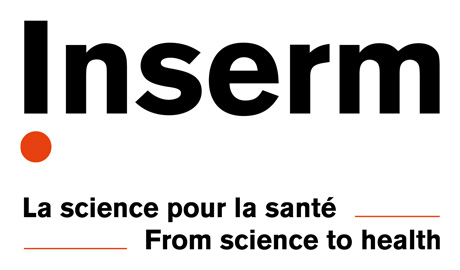





Type of contract CDD
Location Lyon,
Statut Available
Key Words
Details of the offer
Type of job
Type of contract CDD
Application deadline
Employment start date
Contact
In addition, to conducting research, analysing data and writing articles, the candidate will be asked to participate to the divers scientific meetings (JC, labmeetings, seminars) and to the supervision of Master and PhD students.
For more information, please contact Vincent Magloire or Sylvain Rheims.
To apply, you will need to provide a CV, the details of 2 references and a letter (1 page maximum) explaining your interest to the position and why you think that you are suited to our research group.
KEY WORDS | imaging, epilepsy, neuroscience |
CITY | Lyon |
COUNTRY | France |
DETAILS OF THE OFFER | Working place: Lyon’s Neurosciences Research Centre and Institute of Epilepsies Missions: This postdoc position is integrated within the framework of the Wellcome research programme Neurolight and the ERC funded project EPIAROUSAL. Despite decades of effort, we still cannot predict seizures with good accuracy. Patients’propensity to experiencing seizures changes throughout the day and is influenced by brain states. Therefore, seizure susceptibility not only depends on predictable circadian rhythms, but also on stochastic brain states. Key regulators of neuronal excitability, namely neurotransmitters (NTs) and neuromodulators (NMs), are also strongly modulated by circadian rhythms and brain states and so by tracking their fluctuations we should be able to better understand and predict seizure occurrences. In this context, we are particularly interested in the adenosinergic system, which is strongly involved in brain state regulation, in particular, in the regulation of sleep-wake cycle and the modulation of seizure activity. Adenosine signalling dysfunction in the brainstem could also be at the origin of asphyxia-induced arousal in Sudden and Unexpected Death in Epilepsy (SUDEP). The project will be conducted in rodent models of temporal lobe epilepsy using advanced imaging methods (e.g. multi-site photometry, miniaturised wide-field microscope) in combination with polysomnography (EEG, EMG) and video monitoring. We will take advantage of newly developed genetically-encoded neurotransmitter indicators for adenosine (e.g. GRAB-Ado) and genetically encoded calcium sensors (GCaMP) to monitor both the extracellular fluctuations of adenosine and neuronal activity in different brain structures throughout the day in control and epileptic animals. The project will also involve the manipulation of large data sets and potentially the development of mechanistic neural models in collaboration with computational neuroscientists. The candidate will also have the possibility to go to international meetings as well as do short stays abroad in particular at UCL, London where we have ongoing collaborations with the department of Clinical and Experimental Epilepsy (https://www.ucl.ac.uk/ion/research/research-departments/department-clinical-and-experimental-epilepsy). Qualifications: Essential criteria:
|
TYPE OF JOB | Postdoc |
TYPE OF CONTRACT | CDD (temporary / 2 years (with possibility of extension)) |
REMUNERATION | from 2300 to 2900 euros/month, depending on experience |
EMPLOYMENT START DATE | Beginning of 2025 (preferentially) |